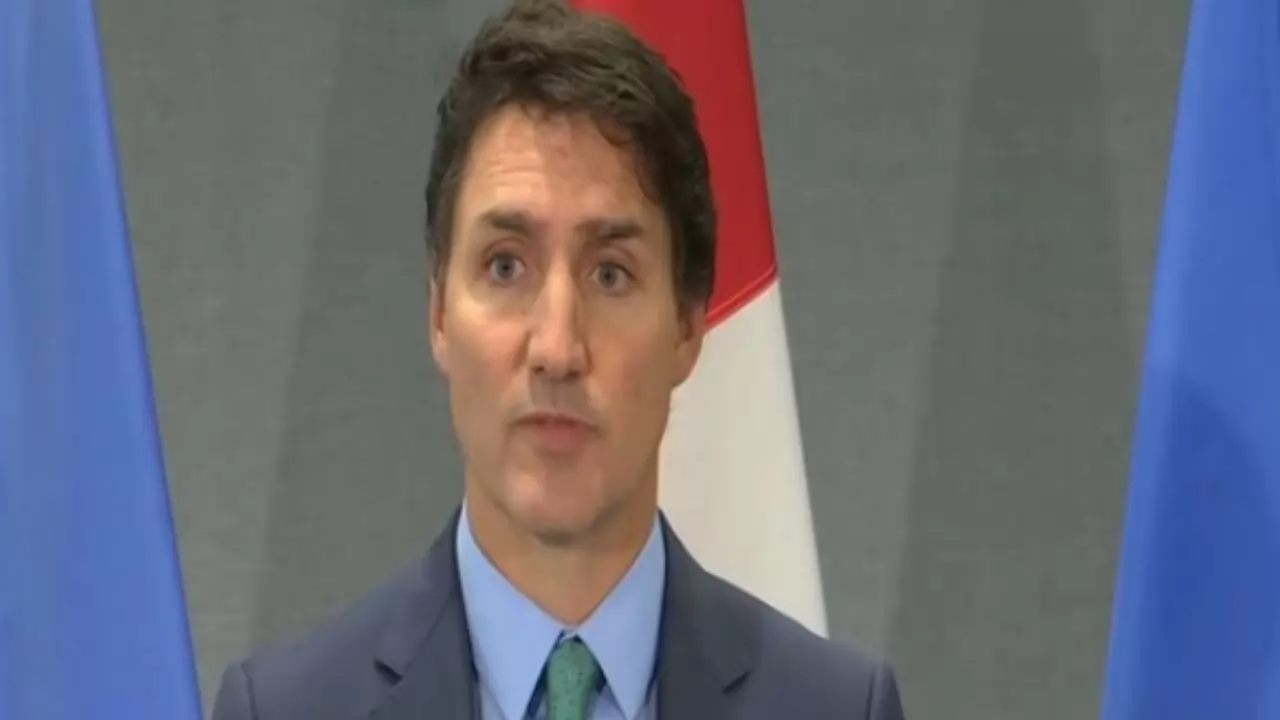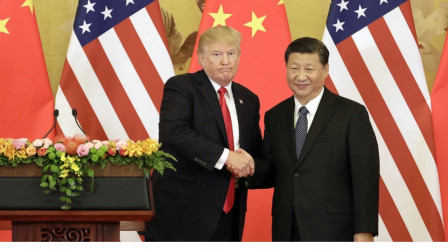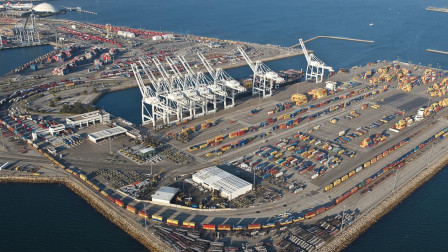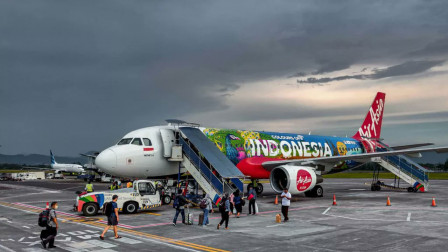
ANI
A high-level Canadian parliamentary panel recently identified India as the second biggest foreign threat to Canada's democracy, following China. Prime Minister Justin Trudeau affirmed that his government takes the issue of foreign interference "very seriously."
The report by the National Security and Intelligence Committee of Parliamentarians (NSICOP), a bipartisan group of MPs and senators with top security clearances, emerged amid deteriorating India-Canada relations. The relationship soured significantly after Trudeau accused Indian government agents of involvement in the killing of Khalistani activist Hardeep Singh Nijjar last year. New Delhi dismissed the allegations as "absurd."
Submitted to the Prime Minister's Office in May, the report was tabled in Parliament this week with redactions. It described China as "clearly the most prolific actor" regarding foreign interference in Canadian democracy. The report highlighted that China uses a comprehensive strategy to target and leverage various aspects of Canada's democratic processes and institutions to advance its strategic interests.
India's Growing Influence
The report indicated that India has "emerged as the second-most significant foreign interference threat to Canada’s democratic institutions and processes," surpassing Russia. It alleged that India's "foreign interference efforts have slowly increased" and now extend beyond countering pro-Khalistan elements in Canada. These efforts reportedly include interfering in Canadian democratic processes and institutions, targeting Canadian politicians, ethnic media, and Indo-Canadian ethnocultural communities. India was mentioned 44 times in the 84-page report.
There was no immediate response from Indian officials. However, New Delhi has consistently denied similar allegations, accusing Canadian officials of meddling in India’s internal matters. India has also claimed that Canada harbors Khalistani and other extremist elements, providing them space to conduct anti-India activities.
The Canadian parliamentary panel's report also suggested that some MPs had been influenced by other countries or had acted inappropriately by communicating with foreign missions. It alleged that some MPs might have attempted to "improperly influence" their colleagues and shared "privileged information" with foreign diplomats. Furthermore, it claimed that some MPs might have received funding from foreign actors or their proxies.
When the matter was raised in the House of Commons on Tuesday, Trudeau reiterated that his government is taking the issue very seriously. The report also noted that "Pakistan targeted democratic institutions and processes in the early phase of the period under review" and highlighted transnational repression by China, India, Pakistan, and Iran.
The report referenced Trudeau's statement on September 18 last year, which cited "credible allegations" of a potential link between Indian agents and the killing of Khalistani activist Hardeep Singh Nijjar in Surrey, British Columbia, on June 18, 2023. Nijjar had been declared a terrorist by India.
The NSICOP, established in 2018, oversees intelligence and security matters. It includes members from both the House and the Senate and is chaired by Liberal Party MP David McGuinty.








Copyright © 2026 Top Indian News
